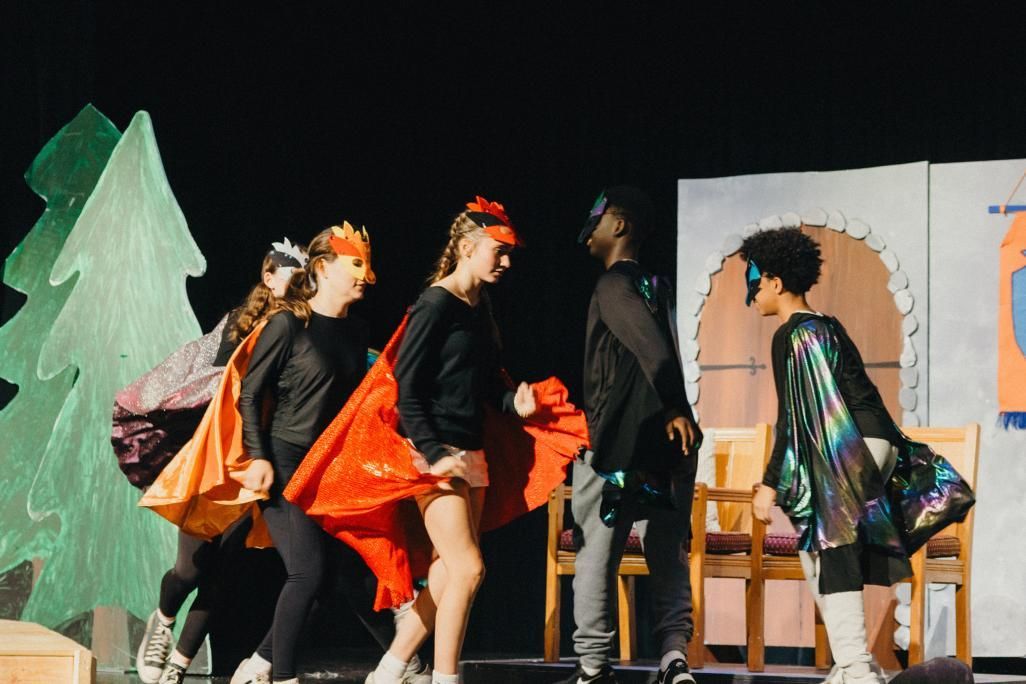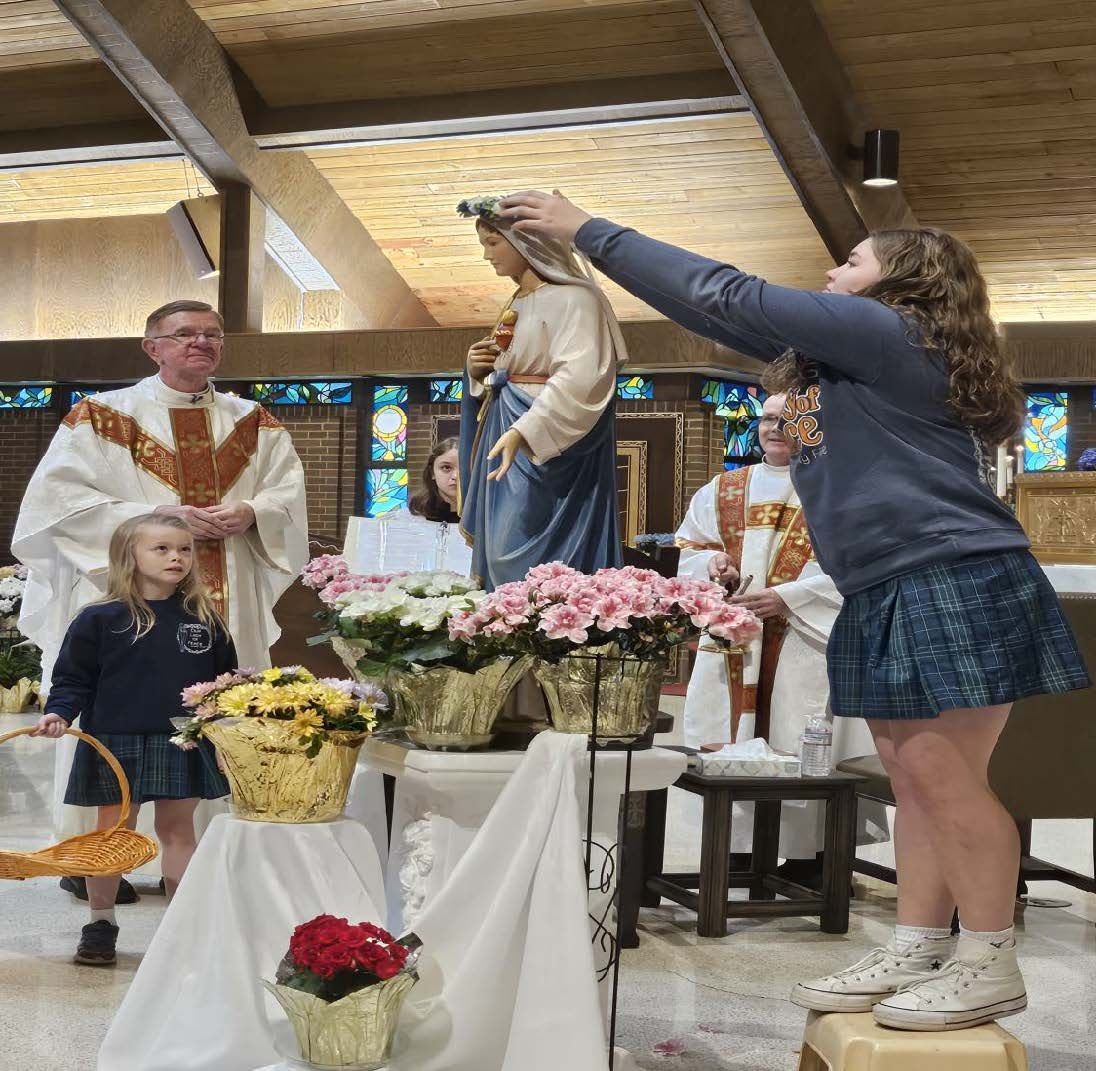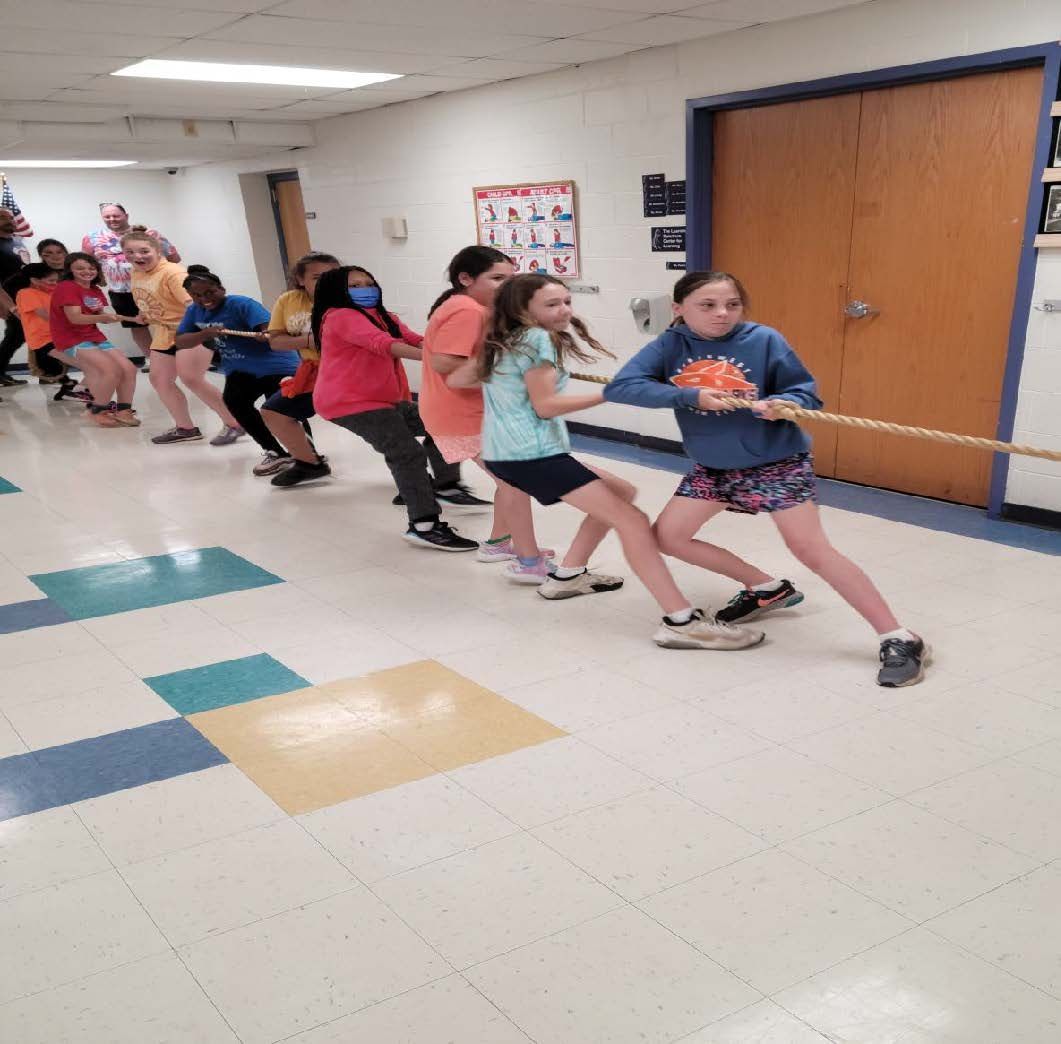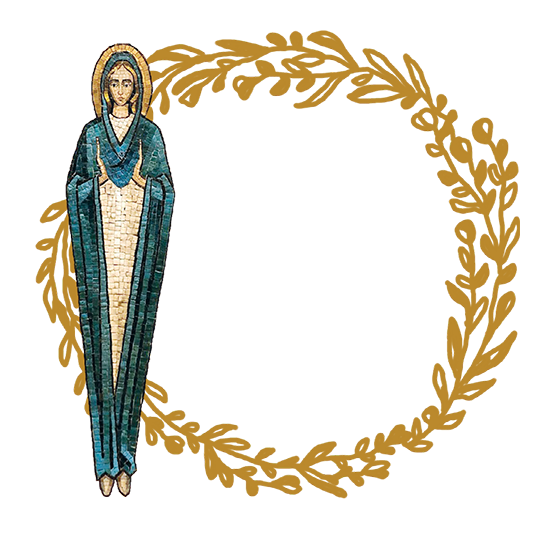12/10/21 - Friday Forget-Me-Nots by Jim Silcott
Photo Caption: Awaiting the birth of Jesus.
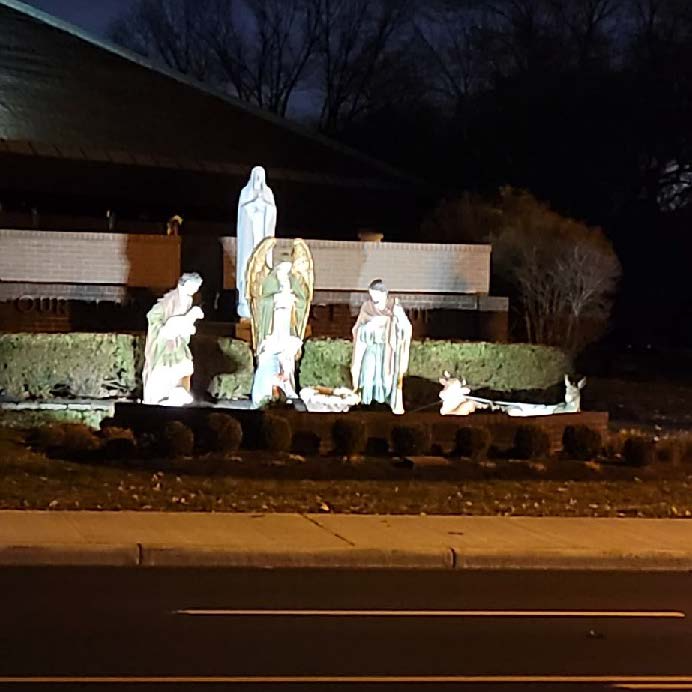
Dear Our Lady of Peace Family:
There are so many Christmas stories out there. Many of course are fiction and fairy tales. But one of my favorite stories of how transformative the season of Christmas can be is a true story. In fact, to my mind it is one of the most remarkable Christmas stories there is.
World War I, or the Great War, was a conflict that caused the death of over 9 million people. Begun in August of 1914 the European nations involved were sure that it would be a quick campaign with, of course, both sides thinking they would win easily. Young men went into the conflict with romanticized visions of how war is portrayed in literature: gallant charges and heroic battles. The reality was much different. France and Great Britain and its allies put a halt to the German advances in France (The United States had not yet entered the war). Both sides dug in against each other in trenches. Neither side could advance and neither side would retreat. The trenches were necessary because of the new invention of the machine gun. Advances against the enemy were halted by another new invention, barbed wire. Although the trenches spread out for miles through France, in some cases the two sides were only hundreds of feet apart.
Because of the proximity of the opposing trenches soldiers from both sides recalled that they could hear the enemy talk and even smell the other side’s cooking. But except for useless charges which led to wholesale slaughter, life was led underground. Putting one’s head above the rim of the trench could result in a bullet to the head.
On Christmas Eve, 1914 in what can only be thought of as a Christmas miracle or an answer to God’s prayers for deliverance there began a truce of hostilities up and down the long line of trenches. Because it was spontaneous there is disagreement about how it started. Some say that the Germans were singing Christmas carols on their side of No Man’s Land and the British and French joined in. Others say it was the candle light of makeshift Christmas trees, a German tradition, that emboldened the Allies to offer temporary peace. Eventually that night and the next day during Christmas the two sides came together to share coffee and cigarettes, food and mutual prayer. Soccer games were played on muddy fields between the lines. For a war that would last for close to four more years and was horrific in its savagery, this night was a respite, a God inspired albeit brief time for peace.
The Generals were shocked and appalled at the fraternization between enemy troops. Leading men to their almost certain death is a hard task. You can only convince men to rush into battle if they are convinced that the cause for which they fight and die is a noble one and that the enemy is truly evil. Here were men up and down the line seeing that
enemy as real people, young, cold, dirty and as scared as they were. How could the Generals get the men to fight after meeting each other and sharing a bond of friendship and peace? The answer was that they had to take most of those men off of the front line and replace them with troops who had not peacefully engaged the enemy. It is hard to kill a man with whom you have just sung “Silent Night.”
The world can be a cold and brutal place and people can be cold and brutal. As people with free will we can choose to very cruel to one another. God chose to send His Son to us, to take on flesh and blood, to suffer as a human being and to die for us so that we might be saved. Once a year the world tries to remind itself that we should strive for Peace on Earth and Good Will toward Men. His hope for us is that we will choose to heed that message not just on Christmas but every day of the year.
Jim Silcott

